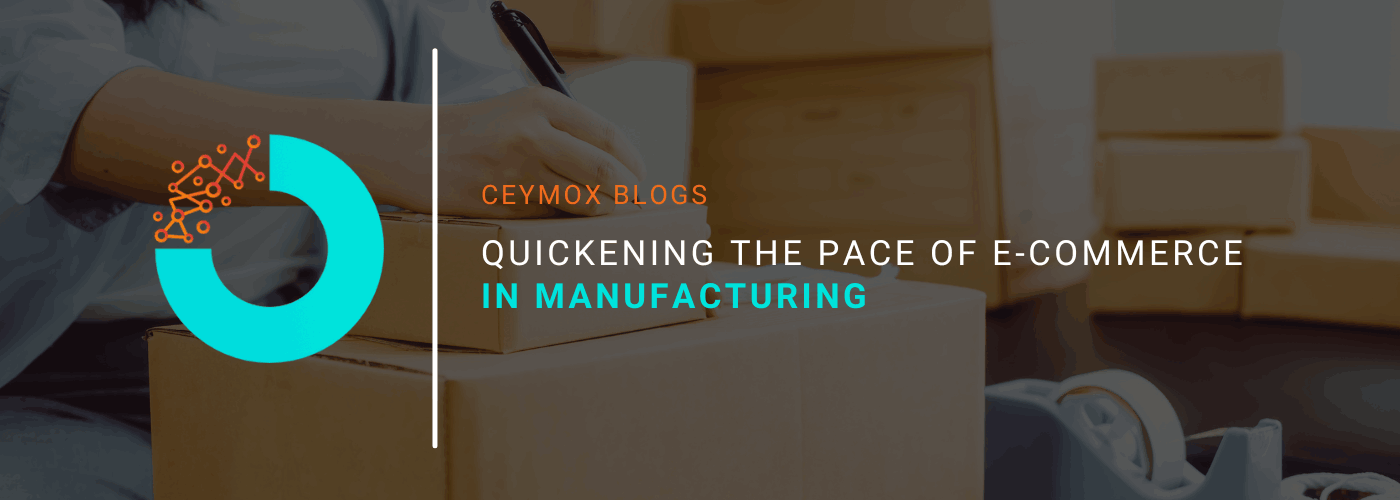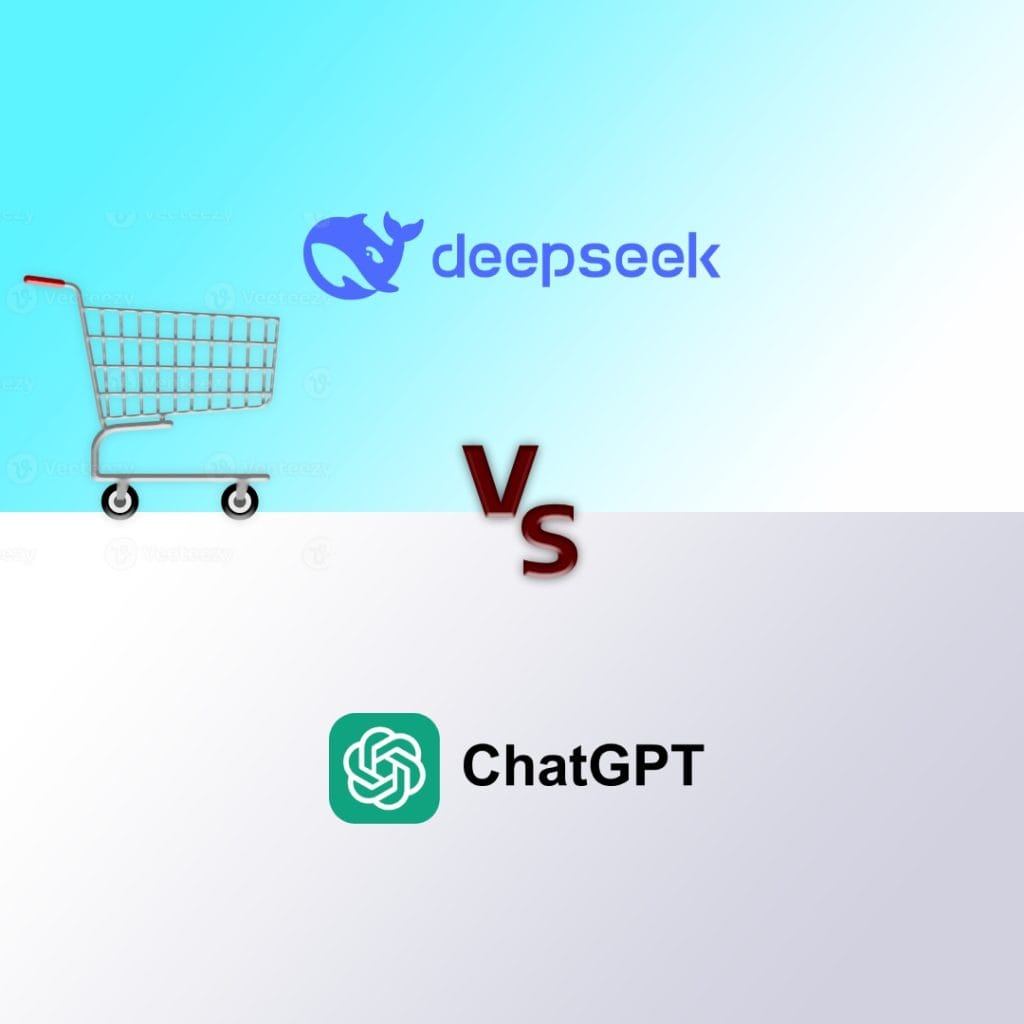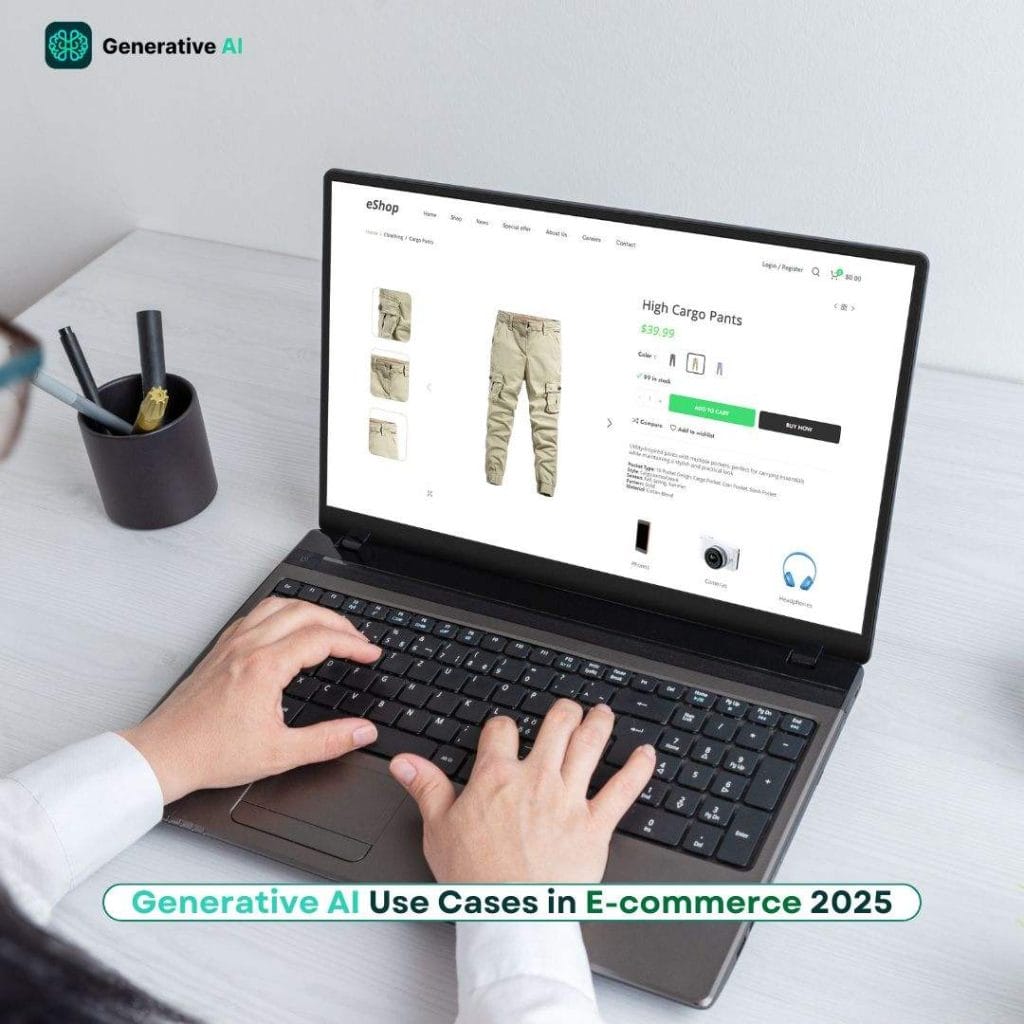
Ecommerce provides a variety of new options for manufacturers in all sectors and marketplaces. The rise of business-to-business (B2B) manufacturing e-commerce is bringing major competitive benefits to early adopters, much as the rise of business-to-consumer (B2C) e-commerce did to the retail industry.
The buyer journey for B2B has changed
Manufacturers are searching for more effective methods to operate, procure, and buy materials in response to the huge supply chain interruptions and widespread uncertainty brought on by the global pandemic. However, the business has experienced a significant rise in digital commerce.
The current state of manufacturer commerce is characterized by an unusual combination of non-linear, online, and offline touchpoints that span a wide variety of assets and domains. A completely digital approach to eCommerce may assist manufacturers in streamlining their processes, boosting sales, and raising income.
An e-commerce website may simplify these scattered pathways and enhance the purchasing experience by giving customers the essential details they require at each stage to go on to the next. Market share will be increased by companies that can identify consumer journeys in their specialized market and provide cohesive digital experiences.
B2B buyers seek personalization and digital features
B2B buyers like a digital buying process for a variety of reasons. First of all, B2B buyers are individuals, and individual people, in general, are increasingly doing their product research and making online purchases. Our personal digital habits automatically affect how we act in the workplace because of our established nature as creatures of habit.
Numerous research and surveys have documented the evident change in consumer behavior. When asked what features of online shopping are most significant to American B2B shoppers, 51% answered the opportunity to receive customized items, 32% mentioned a simple checkout process, and 27% mentioned the simplicity of browsing and choosing products. A user-friendly ROI calculator is appreciated by 44% of B2B buyers, who also want and expect customized portal material. Additionally, 38% of B2B buyers are interested in AR capability, and 33% anticipate having access to video chat.
Get our free e-book, “Building a Better B2B Customer Experience,” to understand the ins and outs of providing remarkable service to business clients. Learn about the latest developments in the industry and the changing needs of your business-to-business customers in that resource.
Top 10 Reasons Why B2B Manufacturers Should Use E-commerce
B2C brands are aware of the benefits of D2C business strategies. However, there are several advantages for B2B manufacturers that sell online rather than through distributors. Let’s examine a couple of these benefits.
1. INCREASING PROFIT MARGINS
Manufacturing online may drastically boost business margins by eliminating the middleman. This may be used in a variety of ways, giving manufacturers the opportunity to conduct more alluring campaigns and, if they choose, compete on price.
2. STRONGER RELATIONSHIPS WITH CUSTOMERS
Building and maintaining good customer connections is easier for B2b companies when they interact with their customers directly rather than going via distributors. This is the groundwork for establishing regular reoccurring income and for discovering and capitalizing on upselling and cross-selling possibilities.
3. ACCESS TO PRIMARY CUSTOMER INFORMATION
First-party data on consumer information and behavior is becoming more important as access to third- and second-party data becomes increasingly restricted. While this information is completely lost if client contacts take place through distributors, it may be obtained via an e-commerce website.
4. BRAND REPRESENTATION OWNERSHIP
Companies that choose to sell through a third-party platform or distributor have little control in the presentation and positioning of their product. On the other side, companies have total control over everything when selling on a private eCommerce website, from visual identity to narrative and how the customer experience is created and optimized.
5. RAISED BRAND AWARENESS
Google found that 58% of B2B manufacturing customers start their internet investigation with a product search before moving on to a brand search. When businesses invest in search engine optimization (SEO), they may increase the number of visitors to their e-commerce sites from both product-related and brand-name searches.
6. CONTROL OVER PRICES AND DISCOUNT STRATEGIES
With a D2C model, B2B companies can set their own prices and have complete control over the buying process. This enables businesses to be more flexible and to utilize pricing more wisely. Complete control and expanded margins offer greater flexibility, whether via the introduction of timely initiatives or the identification and exploitation of market gaps.
7. IMPROVED PERSONALIZATION
B2b companies can increase personalization and customization thanks to direct access to user information and interactions. Better consumer experiences and more customer loyalty result from this. This is true not just in the purchasing process, but also has beneficial effects on marketing and nurturing efforts.
8: INNOVATING OPPORTUNITIES
Customers’ requirements can be better understood by directly interacting with them and meeting their requirements. On your e-commerce website, you may gather this knowledge qualitatively and automatically, which can drive innovation. Finding out what your customers appreciate most in their suppliers can help you create distinctive product ranges.
9. ENHANCED SCALABILITY
Increased scalability is a major perk of the digital sales approach. Due to the fact that it involves less physical effort, e-commerce is more scalable. The capacity of B2B manufacturers to execute orders without adding more distributors or sales representatives is greatly improved by a more digital strategy. Additionally, as orders are handled digitally, purchasing effectiveness and efficiency may be increased.
10. QUICKER, MORE PRODUCTIVE OPERATIONS
Manual operations like invoicing, checking out customers, and managing stock may all be eliminated with the help of an e-commerce platform. This implies that businesses can focus their time and resources on their key competencies, including marketing and customer service.
HOW CEYMOX TECHNOLOGIES CAN HELP ?
B2B e-commerce is an industry that is continually developing and changing. New platforms emerge, updated search algorithms continue to throw digital marketers new curveballs, and new tools provide new capabilities. As a result, many B2B businesses find it difficult to stay up and run the danger of falling behind.
You may overcome these difficulties by working with a group of B2B eCommerce specialists. You need a well-defined strategy, the appropriate tools and knowledge, specialized programming and development, constant and meticulous planning, and more to manage a successful B2B eCommerce company.
All of the aforementioned issues may be resolved at Ceymox technologies. If you work with the proper professionals, almost everything is feasible, and we would be delighted to assist you in realizing your eCommerce dream. Even if someone else has told you that a certain capability cannot be developed, it is still wise to seek a second opinion at Ceymox Technologies, we enjoy a good challenge.
We have a lot of e-commerce knowledge and comprehend the difficulties involved with B2B transactions. To learn how we can assist you in expanding and scaling your B2B business, get in touch with us right now.
 Hubspot SEO Certified |  Hubspot SEO II Certified |  Google Ads Search Certified |  Google Analytics Certified |
Sreehari N Kartha is a skilled Digital Marketing Analyst at Ceymox, certified in SEO. His expertise encompasses a wide range of digital marketing strategies, including managing advertising campaigns on platforms like Google Ads, Facebook Ads, Instagram Ads, WhatsApp Ads, and LinkedIn Ads. With a strong foundation in SEO and SMM, Sreehari is adept at optimizing online visibility, driving engagement, and generating qualified leads and conversions. His passion for emerging technologies, such as Crypto, NFTs, and Web3, further complements his skillset, enabling him to navigate the dynamic digital landscape.
View All Articles








